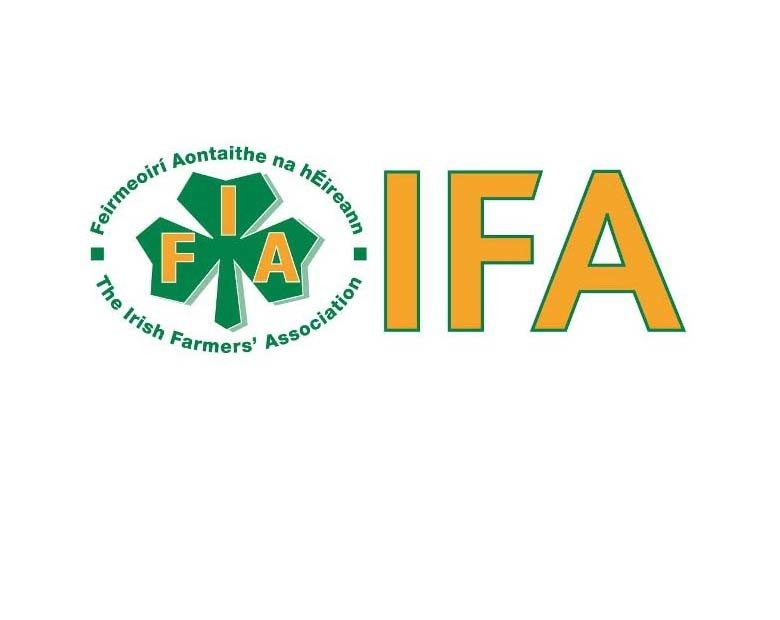
IFA President Joe Healy said farmers cannot be expected to bear the market risk from volatile milk prices and still expand production just to fill capacity. He sent a clear message to the industry: “Farmers can take no more.”
Addressing today’s joint conference in Laois with FCStone ‘Making Risk Management Work for Farmers’ he “After five years of major investment, co-op management teams and boards must take stock and find cost savings and efficiencies in every area of operation. Consolidation, joint ventures, co-operation must come back to the fore.”
Expanding on the key issue of farm incomes, which he identified in his AGM speech last week, Joe Healy said, “Most farmers now produce below break-even. With low milk prices, high spring feed, tax and superlevy bills, farm cash flow is stretched to the limit. We know markets will recover when supply and demand rebalance. But we also know that bad times, as well as good, will come again: this is what volatility means”.
The IFA President said co-ops must give stronger signals of what market demand exists at a viable milk price, and let farmers make informed decisions on volumes over and above that. “This is not about production management, which doesn’t work in a global market. It is about rethinking the sector’s development strategy to share the risk more fairly.”
Joe Healy said farmers are not equipped to cope with prolonged periods of low prices and the volatile incomes that are now the norm. Dairy farmers are learning this the hard way in 2016. The dairy market downturn is lasting longer than anyone expected. Milk prices have been falling in Ireland and globally for two years solid.
IFA Dairy Chairman Sean O’Leary said the dairy sector needs to equip itself to be more sustainable in the face of volatile markets, including prolonged downturns. First and foremost, this must mean equipping farmers to cope with these relatively new conditions.
In the last five years, first Glanbia, then, with the help of Ornua, more co-ops have offered farmers fixed price contracts, which allow some farmers to receive in excess of 30c/l for some of their milk.
Sean O’Leary said the contracts helped farmers understand the concept of hedging – foregoing the highest prices, but avoiding the lowest. But fixed price contracts are difficult to deliver depending on market prices. They must not be the only option available from industry: other forms of hedging or margin insurance instruments need to be developed, by industry and in conjunction with government and the EU.
IFA will continue to work hard challenging banks to be more proactive and price competitive with both cash flow and investment financing. They must learn from the Glanbia Milk-Flex package and offer well priced financial packages which meet farmers’ needs and respond automatically to price variations.
On taxation, we need the incoming Minister for Agriculture to support strongly IFA’s proposals for volatility-friendly farm taxation to allow individual farmers to smooth out their incomes between good and bad years.

